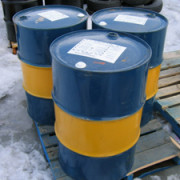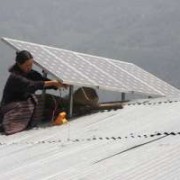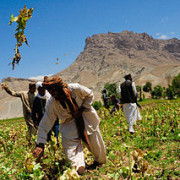Archive | June, 2015
Economics
 Energy
Energy
 Education, Regional cooperation and integration
Education, Regional cooperation and integration
 Economics, Finance sector development
Economics, Finance sector development

Impacts of oil prices on emerging and developed economies
By Farhad Taghizadeh-Hesary, Naoyuki Yoshino, Majid Mohammadi Hossein Abadi and Rosa Farboudmanesh. Posted June 26, 2015

In recent years, the sharp increase in oil prices that began in 2001 and the two sharp declines that followed in 2008, due to the subprime mortgage crisis, and at the end of 2014–early 2015 have renewed interest in the effects of oil prices on the macro economy. Most recently, the price of oil has more than halved in a period of less than 5 months since September 2014. After nearly 5 years of stability, the price of a barrel of Brent crude oil in Europe fell from over $100 per barrel in September 2014, to below $46 per barrel in January 2015.
Energy strategies must consider all parts of the ‘energy trilemma’

As we gather this week for the 2015 Asian Clean Energy Forum, the context for our meeting has changed greatly from that of last year. We have seen a dramatic drop in the price of oil, which has sent shockwaves through the entire energy sector. Volatility is the new normal, and, for a sector known for its conservative outlook, this drives those at the forefront of the energy challenge to re-evaluate traditional norms. However, we see that it is not just price shocks that keep energy leaders awake at night: extreme weather and large-scale accidents/disruptions top the list of issues facing energy leaders in Asia.
Scholars, policymakers, and international affairs: Finding common cause

Any attempt to bridge the divide between scholars and policy-makers in international affairs is so welcome that I couldn’t help but applaud this book. The sad truth, however, is that after reading it I am even more convinced that the divide is a chasm.
Currency arrangements in the Pacific—time to re-think?

The Pacific developing member countries (DMCs) of the Asian Development Bank are a heterogeneous group of economies with different levels of economic development and economic size. However, when it comes to choosing an optimal exchange rate, the Pacific DMCs face similar challenges. All of the Pacific economies are relatively small and have underdeveloped financial and exchange rate markets.


Search
Subscribe / Connect to Asia Pathways
Subjects
- Agriculture and natural resources
- Blog
- Capacity development
- Climate change
- Economics
- Education
- Energy
- Environment
- Finance sector development
- Gender
- Governance and public sector management
- Health
- Industry and trade
- Information and Communications Technology
- Infrastructure
- Miscellaneous
- Population
- Poverty
- Private sector development
- Regional cooperation and integration
- Sanitation
- Social development and protection
- Transport
- Uncategorized
- Urban development
- Video Blog
- Water
Recent Posts
- Artificial intelligence: A new driver for inclusive growth and development?
- Increasing trust in cross-border e-commerce and artificial intelligence
- Enhancing access to maternal and newborn healthcare in developing Asia
- Can electric vehicles lead the way to a sustainable future?
- Mitigating climate-related sovereign risk to accelerate action on the climate emergency




Recent Comments